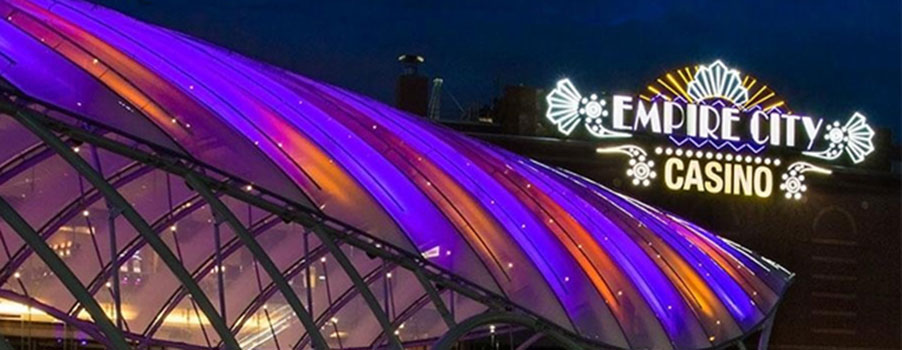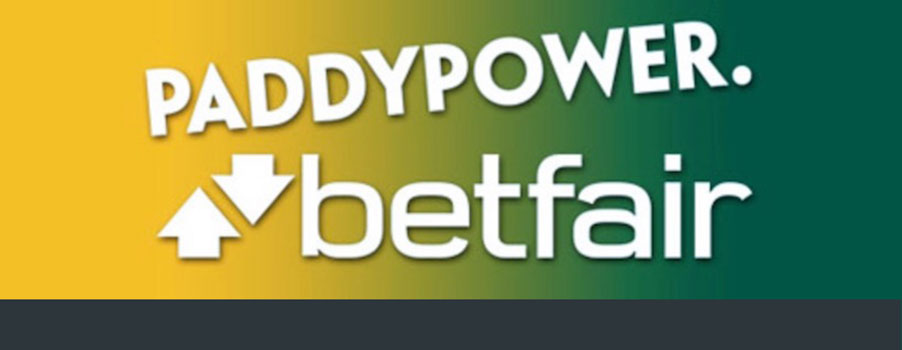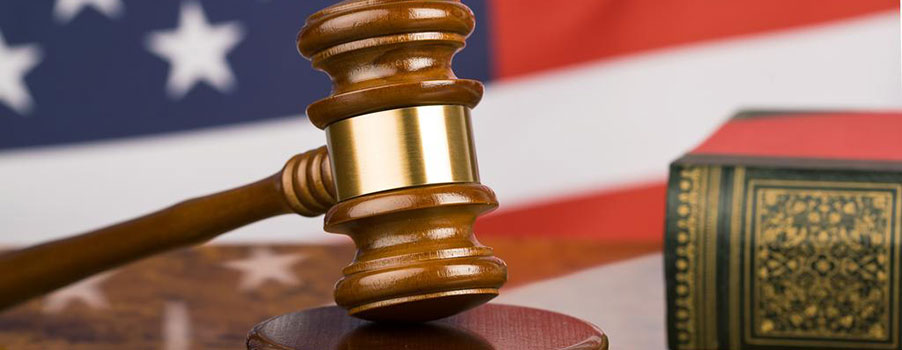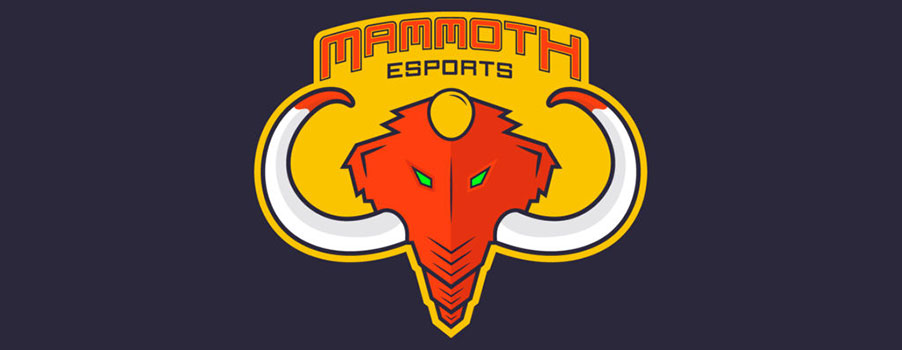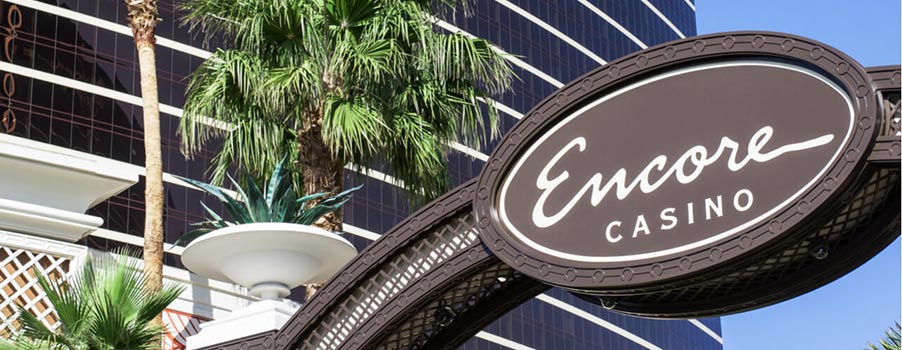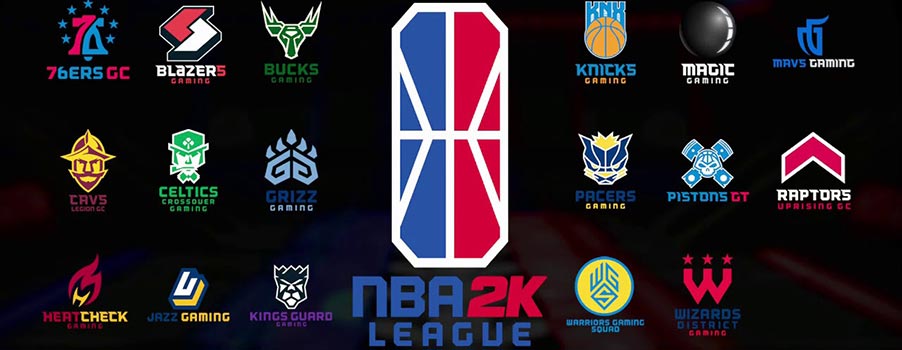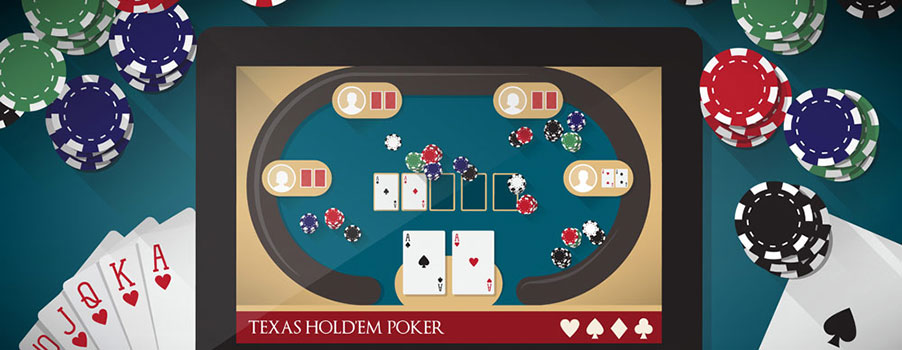MGM Resorts International has announced that it has entered into an agreement to buy the real estate property and the operations associated with the Empire City Casino’s casino and racetrack for about $850 million. The acquisition is part of MGM Resorts International’s plans to penetrate the high-density New York City market, enhance the company’s free cash flow profile while at the same time opening doors for some attractive opportunities in the future.
“We are excited to announce the addition of Empire City to the MGM Resorts portfolio,” said Jim Murren, the Chairman, and CEO of MGM Resorts International. “This acquisition represents an excellent opportunity to further solidify our presence on the East Coast, and in particular, expand our reach into the high-density New York City region. We believe this transaction enhances our free cash flow profile and presents attractive future opportunities for the Company, and we look forward to welcoming the Empire City team and guests to the MGM Resorts family.”
The Empire City Casino is known for being the sixth largest gaming floor in the United States with about 8 million visitors every year. It also boasts of a workforce of over 1,200 people employed to tend to its over 5,200 slots machines and electronic games, numerous dining outlets as well both its live and simulcast horse racing.
“With Empire City’s approximately 40 percent share of gross gaming revenues in the market, we believe there are significant opportunities for MGM Resorts to further drive growth,” commented Dan D’Arrigo, Executive Vice President and Chief Financial Officer of MGM Resorts International. “We believe the transaction will be value-accretive within its first year of closing, with incremental revenue synergies expected to support growth in 2020 and beyond.”
The property that is to be acquired by MGM Resorts has been under the ownership of the Rooney family for the past 46 years. In 2017, the family made an announcement that it had hired JP Morgan Securities LLC in a bid to “explore strategic alternatives, including the possible sale of the property.” As it turns out, the sale was a culmination of the study that was carried out by JP Morgan.
“Our vision for this property has always been to develop it into one of the world’s greatest entertainment destinations,” Tim Rooney, Sr., president, and CEO of Empire City said. “We have been a partner of New York State and its communities for 46 years, and it was important to us that we identify an entity that could build on the strong foundation we have established and bring our vision to fruition.”
MGM Resorts Still Has Sights on Bridgeport
Despite the lucrative nature of this acquisition, MGM Resorts has confirmed that it will also keep pursuing the development of a casino in Bridgeport. The operator proposes the establishment of a casino in Bridgeport last year and even went as far as announcing plans to push the state legislature to establish a competitive bidding process for a commercial casino license. The legislature did no such thing by the time it adjourned but MGM remains hopeful that it will eventually go through at some point this year.

